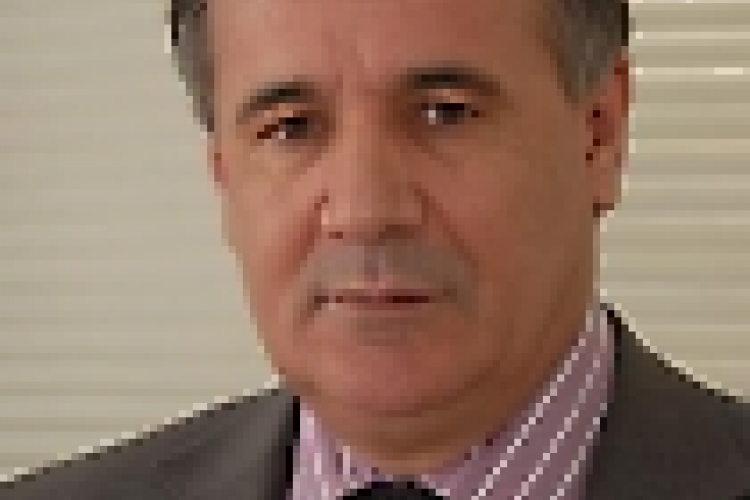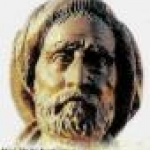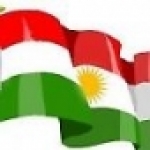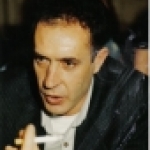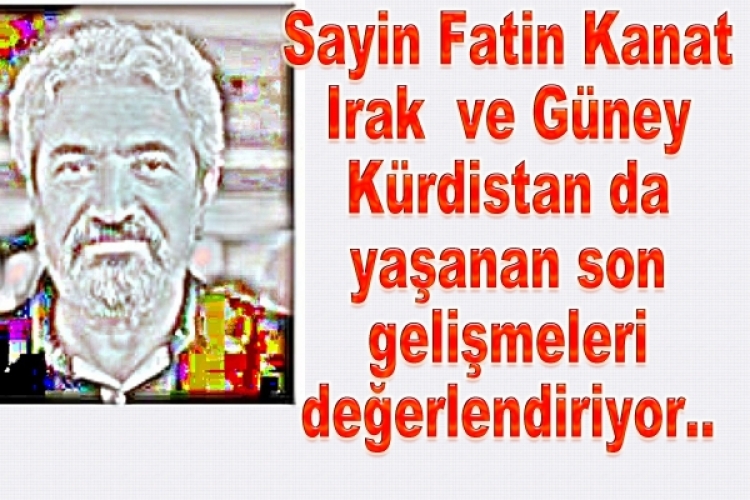Kirkuk for Kurdistan – Part III | A. Habeeb
The Kurdistan Region is a safe and stable area. It could be argued that it is the only region in Iraq which does not suffer from problems of security or stability. This stability is no doubt the fruit of a successful local administration – the Kurdistan Regional Government (KRG). As we can see, the region has turned into a suitable site for economic growth and other aspects of Kurdish social life. To put it in a nut shell, the region has become the most prosperous, secure and comfortable of all of Iraq. Iraqis now are dreaming of living in, or at least visiting, the Kurdistan region. It is clear that a stable area will turn into an attraction for the people of other regions, especially those whose sons live in unstable conditions.
Since the fall of Saddam Hussein in 2003, the Iraqi elite have been fleeing the country in search of a safe haven. The Kurdistan region was the closest area to these elite and so they attempted to enter. This was impossible in the past due to the strict embargo imposed by the authorities in charge of the procedures at the gateways to the provinces of the region, which prevented the entry of many who fled the violence in other Iraqi areas, especially during the years 2006 and 2007.
Many times, I asked KRG officials about the reason behind the strict procedures and closing of the doors in the face of the victims who are leaving other parts of Iraq for the Kurdistan Region, but I never received a convincing answer. Some of them invoked the concern that terrorists and infiltrators were among those fleeing, which is not a convincing argument to justify closing the doors. After all, they are Iraqis and it is their legitimate right to take refuge in days of adversity in other areas of their homeland, as they bring at the same time benefits to the areas they head to. The majority of those from the elite are economically self-dependent. There are among them capitalists, engineers, doctors, judges, academics, and intellectuals, who would no doubt contribute to enriching the Kurdistan Region. To be quite honest, the Kurdistan community is in dire need of them. There are dozens of them who have entered the Kurdistan region and subsequently become an effective part of the community. If access was possible, the number of these elite would be doubled, especially in the city of Erbil which is naturally a welcoming city to whoever knocks at its doors. Had it not been for the security situation in Iraq, Kurdistan would have been the tourist attraction of Iraqis due to its spectacular nature. The tourism sector can not be neglected or overlooked for its importance in the economy of Kurdistan. In a summer visit to Dohuk city two years ago, the Zhiyan Hotel – which is one of the most prominent tourist hotels in Kurdistan, was empty of guests, while dozens, or better yet hundreds of, Mosul and Baghdad families behind the lines of Peshmarga checkpoints, were dreaming of visiting Dohuk. This is part of the faulty policy which has negatively affected everything in Kurdistan, and in particularly the Kirkuk issue.
Building a wall isolating Iraq and the Iraqis from the Kurdistan Region is not a rational venture, nether is it logical and it will not serve the political or security agenda if that is a viable justification. The Kurdistan Region does not have any separatist plans. Even if it did, this region would not have a noteworthy success without strong relations and mixing with the Iraqis. No matter how deeply I think about it, I cannot find an excuse to prevent the arrival of the Arabs from the rest of Iraq to the stability of Kurdistan. If it is about the housing crisis, it could be solved in one year by implementing an urgent and short-term housing plan. Kurdistan will not be successful through isolation or stand-offishness with the surrounding nations. Erbil city, the capital of the Kurdistan Region, will be fortified against the dreams of occupiers when it has a multi-million strong multi-cultural, multi-religious and multi-ethnic populace. Such a metropolis will be a fortress of Kurdish democracy.
Four years ago, when Baghdad began to swim in its pool of blood and the Iraqis headed to the Kurdistan region in search of a safe haven, often I read in the Kurdish newspapers articles of teenagers or irresponsible, inexperienced writers, who worked in the Kurdish media, like: “prevent them from coming!” or “Kurdistan is subjected to Arabization again!”. Maybe the childish and vain thoughts of the Kurdish media persuaded the security forces to intercept Arab families fleeing from the hell of Baghdad and the rest of Iraq. But we have to realize that the Iraq of today is a new Iraq. And that the Iraq of Saddam Hussein, where Kurdistan was under threat, is gone. The Peshmargas of the Qandil Mountains are now sitting on chairs in the Iraqi republican palace boasting and the Kurdish flag has been raised in the remote south of Iraq.
An example of attempts to remove the isolating wall between the Iraqis was the role of the Kurds in solving the political impasse that Iraq was undergoing. The Iraqis were looking forward to this fraternal initiative from the Kurds especially from the Kurdish president Massoud Barzani. The flying of a thousand Kurdish flags in Basra province for a day was evidence of the aspiration of the Iraqis to the Kurdish leadership and the Kurdistan Region. And obviously, this will not only open new pages in the new life of Iraq and a real partnership between the Kurds, Arabs and other minorities like the Turkmen, and the Christians, but also will pave the way for the incorporation of Kirkuk into the Kurdistan Region – an incorporation that all Iraqis will welcome. No Kurdish pressure, no hard feelings from others.
Years ago, accompanied by a delegation of Iraqi intellectuals we visited the shrine of the leader Mustafa Barzani. One of the members of the delegation said, referring to Barzani, that “this man is not only a symbol of the Kurds, but of all Iraqis”. “Yes” I replied. “When I come back the next time, I will bring four palm plants with me to this shrine” he said, but I replied “No - Because palms do not grow in cold weather. It would be better to erect a statue of Barzani in the south, in a palm grove.” Everybody echoed my idea. We still hope for the erection of this statue in Basra or any other spot in southern Iraq, and to see a breath-taking Iraqi flag flying over the mountain peaks of Kurdistan.
*Bedran A. Habeeb is the Director-General of AKnews

